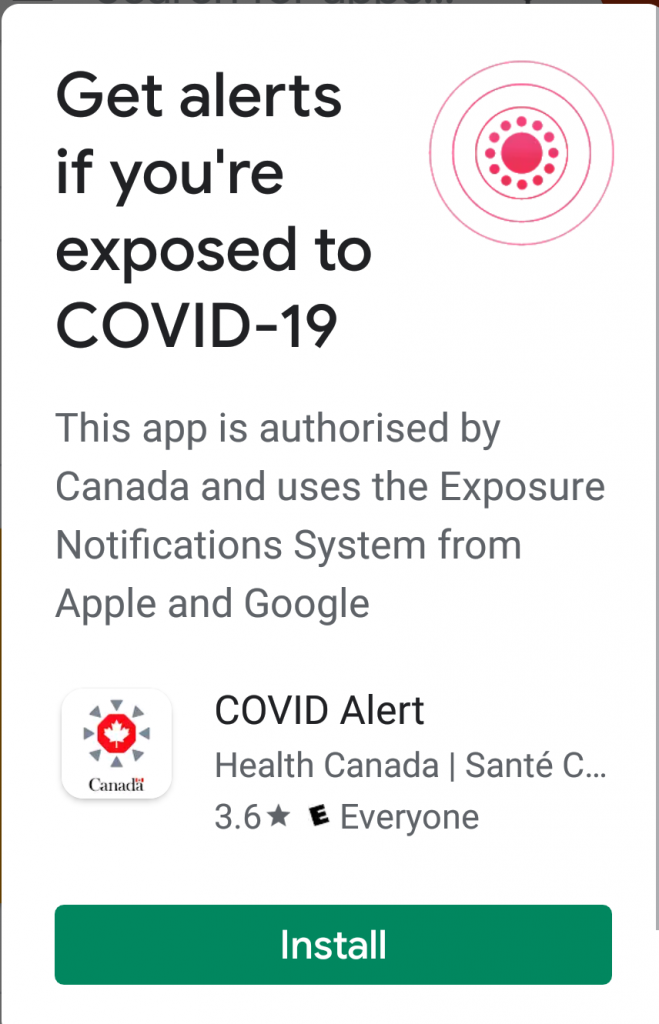As of October 28, there have been 4.9 million downloads of the app.
Over the past months, Canadians have been following public health advice and doing their part to help prevent the spread of COVID-19.
Government officials announced that the COVID Alert app has been updated to send notifications based on a more precise timeline. With this update, users who have tested positive for COVID-19 and have entered a one-time key from their respective public health authority will now have the option to enter the date of their symptom onset or their testing date. This will provide a better estimation of the period when they may have been most infectious to others.
Importantly, the COVID Alert app can now notify users of potential exposure to cases during the time period when the people who tested positive were most infectious. This will align more closely with current public health guidance, as individuals are likely to be most infectious from two days prior to symptom onset for symptomatic individuals.
COVID Alert continues to protect your privacy. These new features are optional. Any information users provide about their symptom onset and testing date will stay on their phone and will not be shared. Canadians can still input their one-time key without sharing any additional information about symptom onset or testing date if they prefer. In that case, notifications will continue to be sent to other users who are close contacts from 14 days prior to the one-time key being entered.
Since the app first launched, more than 2,800 people have voluntarily input their one-time key to notify others around them after testing positive for COVID-19.
COVID Alert is available for Canadians as a free download from the App Store or the Google Play Store.
When a user downloads the app, their phone sends out randomly generated codes via Bluetooth to other smartphone users who have the app and are within approximately two metres. If they test positive for the virus, users can choose to upload their random codes to a central server located in Canada. Once uploaded, the random codes are stored on the server for 15 days, after which they are automatically deleted.
